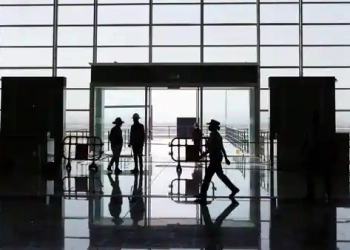Austria went into a nationwide lockdown early Monday, November 22, 2021, to address the increasing coronavirus infections, a measure that other European countries coping with national outbreaks that are putting their healthcare systems under strain are closely observing. The measures will run for a maximum of 20 days but will be reviewed after the first 10. Apart from fundamental needs such as shopping, going to the doctor, and exercising, they require individuals to stay at home. Restaurants and most shops will be forced to close, while major events will be postponed. Schools and daycare centers will be operating as usual, but parents are asked to keep their children at home.
Alexander Schallenberg’s prediction came true
It would last a maximum of 20 days, according to Chancellor Alexander Schallenberg, and vaccination would be mandatory starting on February 1, 2022. He was reacting to record case numbers and one of Western Europe’s lowest vaccination rates. As the number of reports rises, many other European countries are tightening prohibitions. “We don’t want the fifth wave,” Mr. Schallenberg said after meeting with the governors of Austria’s nine provinces in a western resort.
Singapore will reconsider the time frame for achieving full Covid immunity
Obligatory vaccinations and whatnot
The chancellor stated that there had been a long-standing agreement to avoid obligatory vaccinations. However, he noted, “too many political forces, weak vaccination opponents, and misleading news” had incited too many individuals to refuse the vaccine. The incidence rate has grown to 1,049.9 instances per 100,000 persons in the last week, according to the latest numbers, and Health Minister Wolfgang Mückstein said a lockdown was a “last resort.”
Many Austrians rushed to enjoy one final day out at coffeehouses and Christmas markets around the country when the new lockdown measures went into effect the next day. Austria plans to relax the restrictions on December 13, but the unvaccinated may face further restrictions.
























